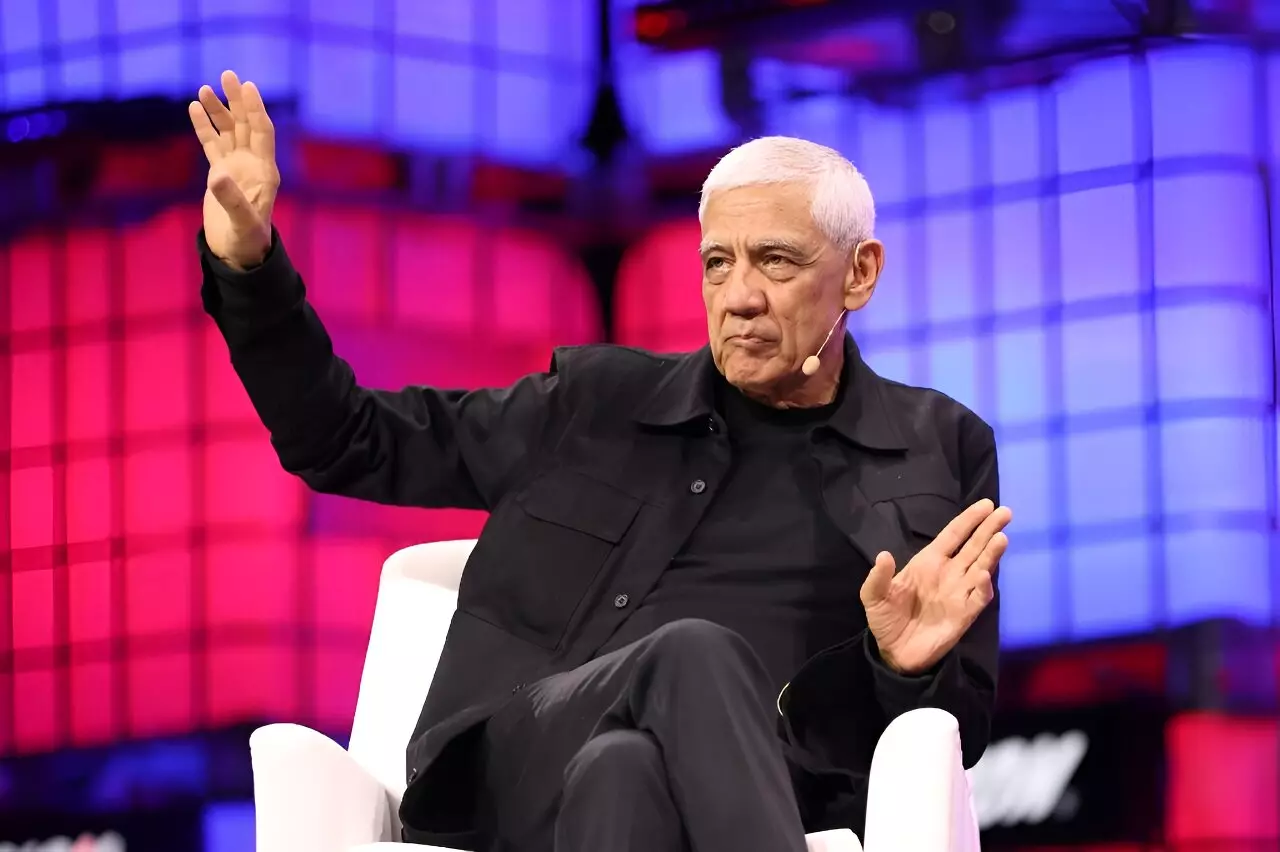In recent times, Nvidia has been at the forefront of the artificial intelligence revolution, dominating the market with its powerful processors that are essential for training generative AI models. The company’s success has not only catapulted it to the position of the world’s biggest company but has also had a ripple effect on the entire tech sector, lifting the stock valuations of other players in the industry. However, as Nvidia continues to soar, questions have arisen about the space for new entrants and whether there are opportunities beyond the established giants like Microsoft-backed OpenAI and Google.
Despite the allure of Silicon Valley and the promise of venture capital funding, startups are facing a tough challenge in the AI space. The field of generative AI, in particular, seems to be dominated by a few key players, leaving little room for new companies to make a mark. Mike Myer, the founder and CEO of tech firm Quiq, expressed skepticism about the possibility of starting a foundational AI company in the current landscape. This sentiment was echoed by venture capital veteran Vinod Khosla, who warned against building applications that merely replicate existing AI models without adding significant value.
While the competition in the generative AI space may seem daunting, opportunities for innovation exist in other areas of artificial intelligence. One such field is chip design, where the demand for specialized processors tailored to the unique requirements of AI applications is on the rise. Groq, a startup focusing on building chips for AI deployment, has positioned itself as a viable alternative to Nvidia’s GPUs, which dominate the market for AI training. CEO Jonathan Ross emphasized the importance of specialization in meeting the diverse needs of AI technology, drawing parallels between Nvidia’s dominance in training and the potential for other players to excel in inference.
Another avenue for innovation lies in highly specialized AI that leverages proprietary data to offer expertise and insights in specific domains. Khosla highlighted the potential for companies like Cohere, which develop custom models tailored to the unique requirements of businesses. By focusing on providing trustworthy and secure solutions, startups like Cohere aim to win the trust of enterprises that are wary of adopting AI technology. CEO Aidan Gomez, a former Google employee and co-author of a seminal paper on AI architecture, emphasized the importance of building specialized tools that cater to the specific needs of different industries.
As the landscape of artificial intelligence continues to evolve, the industry is faced with the challenge of balancing innovation with the dominance of established players like Nvidia. While the allure of replicating existing models may be tempting, true opportunities for growth lie in exploring new avenues and developing specialized solutions that address the unique challenges of different industries. By rethinking the future of AI and embracing diversity in technology, startups and established players alike can pave the way for a more inclusive and innovative AI landscape.


Leave a Reply